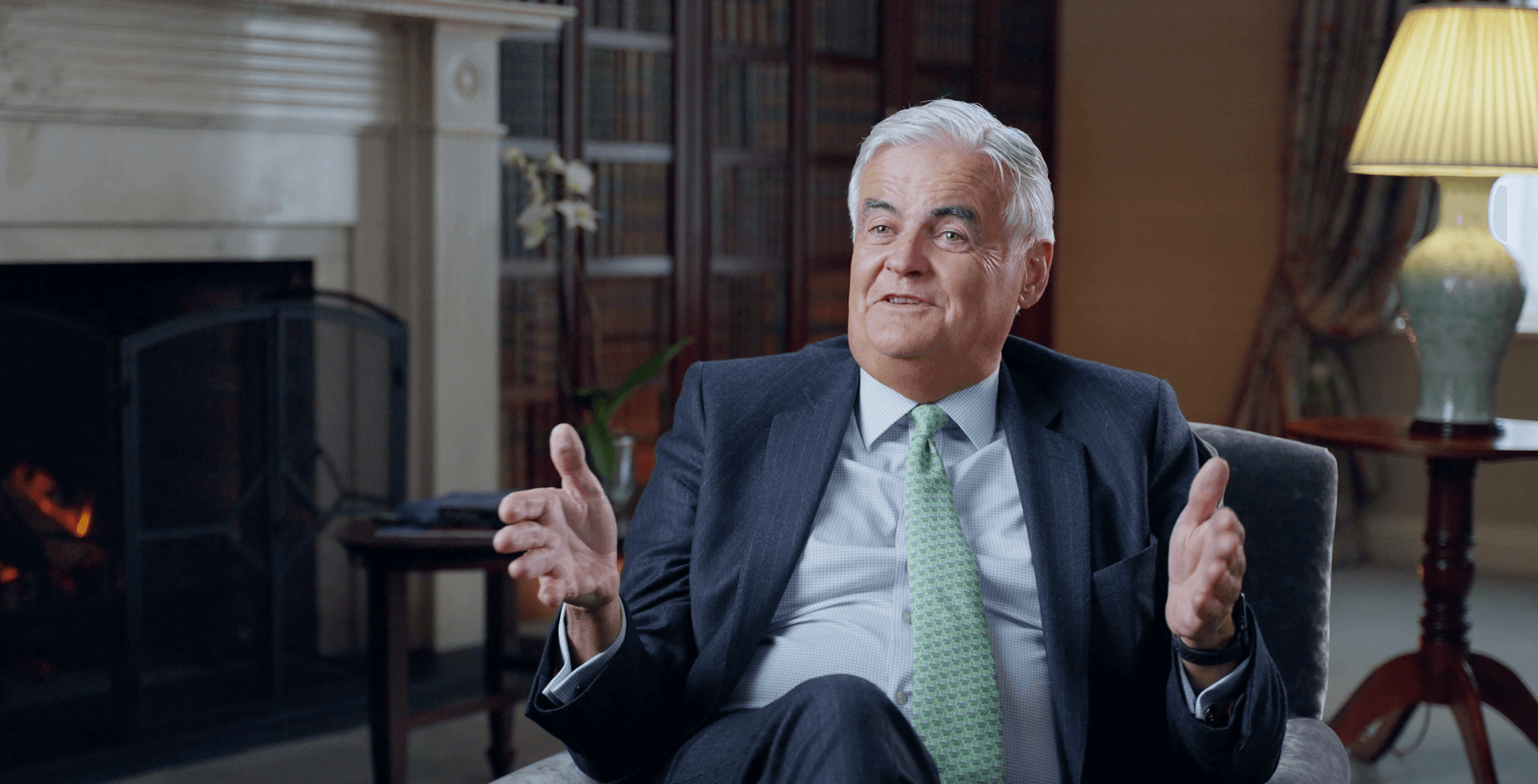
Why Irish State Savings Schemes May Not Be the Best Place for Your Money
14th July 2025
Irish State Savings schemes have long been seen as a safe and patriotic way to save. But are Irish State Savings still worth it in 2025? Backed by the Government, they offer security—but in today’s financial climate, safety can come at a cost.
If you’re building wealth, planning your retirement, or looking to preserve your capital against inflation, it’s worth asking: Are State Savings still the smartest place for your money?
What Are Irish State Savings Schemes?
Irish State Savings include:
-
- Savings Bonds and Savings Certificates
-
- National Solidarity Bond
-
- State Savings Fixed Rate Products
-
- Prize Bonds
They’re offered by the NTMA (National Treasury Management Agency) and often feature tax-free interest. The attraction? Government guarantee and simplicity.
But while they’re secure, they may not be the most effective route to grow your wealth.
- Low Returns That Struggle Against Inflation
The primary issue is interest rates.
- The National Solidarity Bond (10-year) offers a return of around 1% AER (as of 2025).
- Inflation in Ireland has recently hovered between 3% and 5% annually.
What does this mean for you?
Even though your capital is secure, its real value is shrinking. Over 10 years, you could lose significant purchasing power simply by leaving money in State Savings.
- Lack of Flexibility
State Savings products are not designed for agile financial planning:
- Many products lock in your funds for several years.
- Early withdrawal penalties or loss of interest may apply.
- They typically offer no income options during the term.
For anyone looking to align their investments with life events – such as business exits, retirement milestones, or property acquisitions – this lack of flexibility can be problematic.
- Better Alternatives Exist
If you’re able to invest, particularly with long-term goals in mind, State Savings may be too conservative.
Other options can offer:
- Higher potential returns, especially over 5+ year timeframes
- Access to diversified portfolios of equities, bonds, real assets
- Tailored solutions based on your risk tolerance and financial objectives
- Tax-efficient structures such as pension wrappers or Approved Retirement Funds (ARFs)
A well-structured investment plan can manage risk appropriately while still aiming to outpace inflation and grow your capital.
- They Don’t Form Part of an Integrated Financial Plan
Perhaps the most overlooked downside is that State Savings are often used in isolation.
We regularly meet individuals and families holding six-figure sums in State Savings with no overall plan for:
- Retirement income
- Inheritance planning
- Business exit strategy
- Capital gains mitigation
Money left sitting safely is not necessarily working efficiently. Without coordination across your financial life, these assets may underperform your potential.
When Might State Savings Still Make Sense?
To be fair, State Savings do have their place. They may suit:
- Emergency cash reserves
- Short-term savings goals
- Low-risk funds earmarked for very specific use
- Individuals with little or no appetite for investment risk
But for high-net-worth individuals, business owners, or those with complex financial lives, opportunity cost matters. Your money should be doing more.
Final Thought: Peace of Mind Comes from a Plan – Not Just Security
Security is important but so is making your money work smarter. If your capital is sitting idle in State Savings, it may be time to reassess whether that “safe” approach is holding you back.
At Chartered Capital, we help clients across Ireland make intelligent, integrated financial decisions – balancing security with growth.
If you’re unsure whether your savings are serving you well, Book a consultation with us today, we’d be happy to review your strategy and help you explore better options.
In Their Own Words






